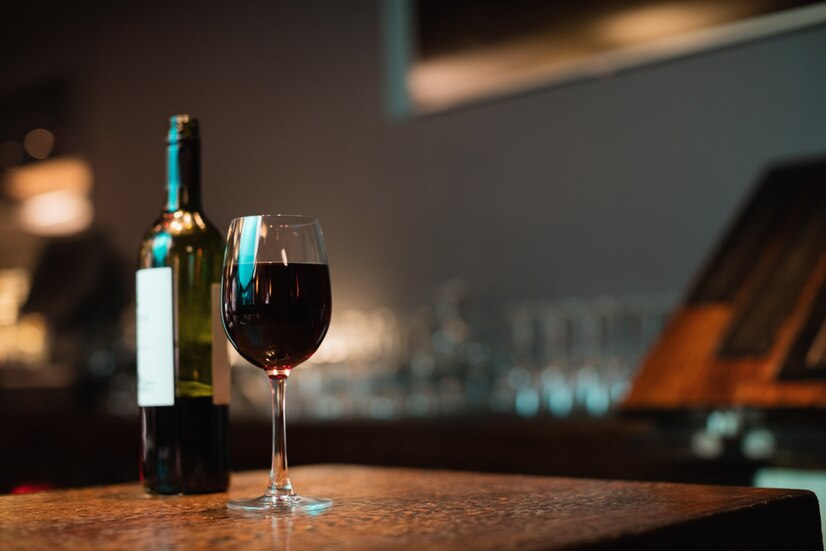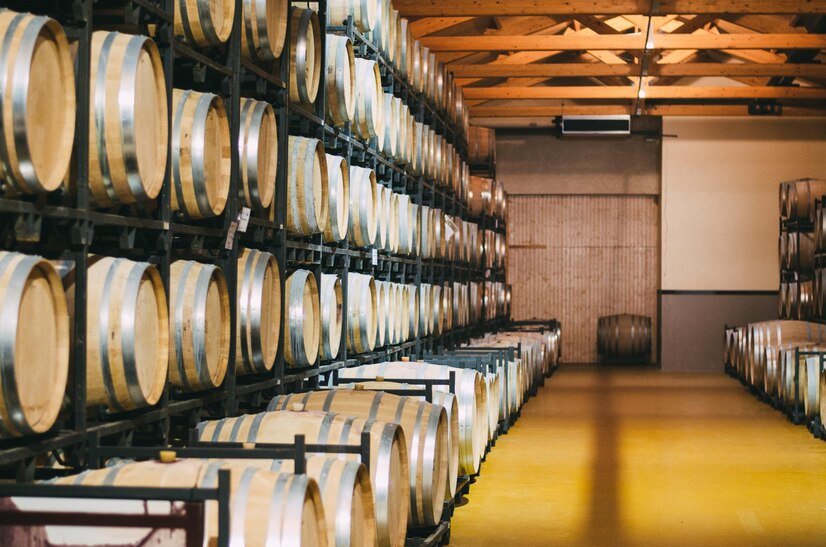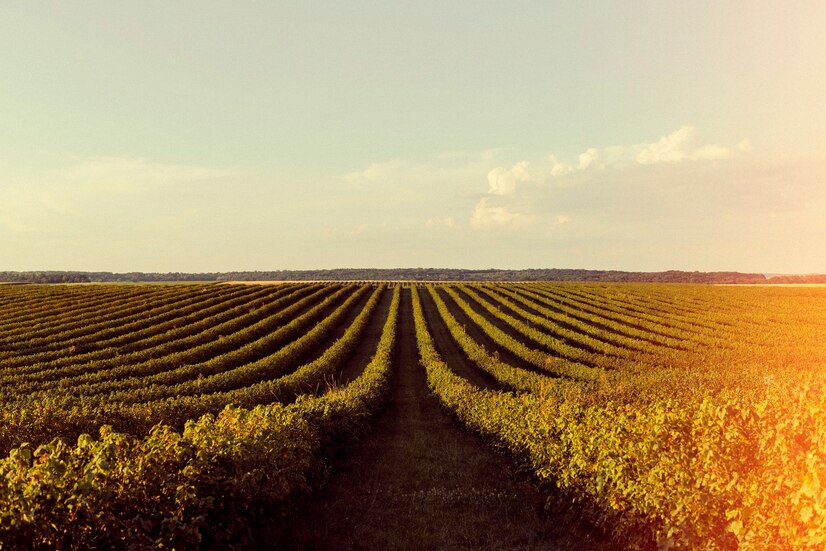The Portuguese wine sector, has great prominence for the economic value it provides and the social role it represents, enriching the culture and history of Portugal. Although the country is of small territorial size, it is among the leading producers and consumers of wine in the world.
In the 18th century, wine-growing, like other aspects of national life, suffered the influence of the Marquis de Pombal. Thus, a large region benefited from protectionist measures - the Alto Douro region and the famous Port Wine.
In 1907/1908, the process of regulating several other Portuguese denominations began: the wines of Madeira, Moscatel de Setúbal, Carcavelos, Dão, Colares and Vinho Verde.

In 1937 the Junta Nacional do Vino (JNV) was created, which intervened taking into account the balance between supply and demand, the evolution of production and the storage of surpluses in years of large production, in order to compensate for the years of scarcity.
It was replaced in 1986 by the Instituto da Vinha e do Vinho (IVV), an institution adapted to the structures imposed by the new market policy resulting from the accession of Portugal to the European Community.
A new perspective emerges in the Portuguese economy and, consequently, in viticulture. The concept of Denomination of Origin was harmonised with Community legislation, and the classification of "Regional Wine" was created for table wines with geographical indication, strengthening the quality policy of Portuguese wines.


